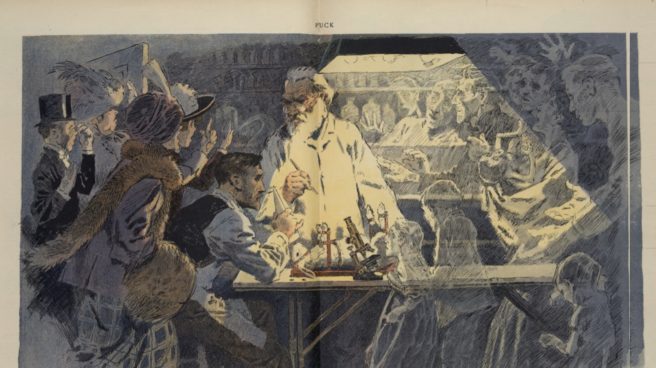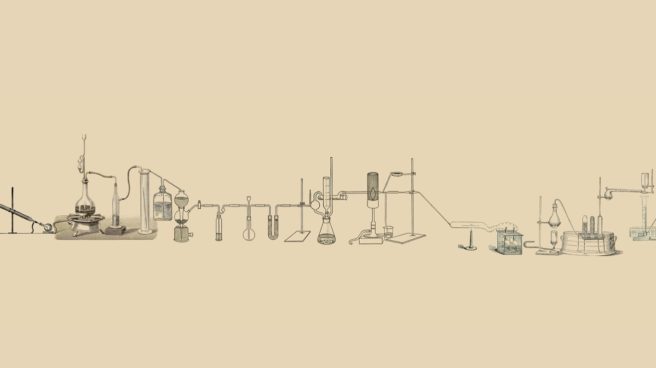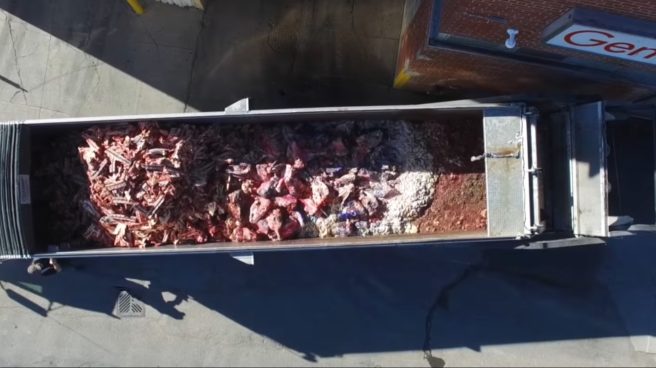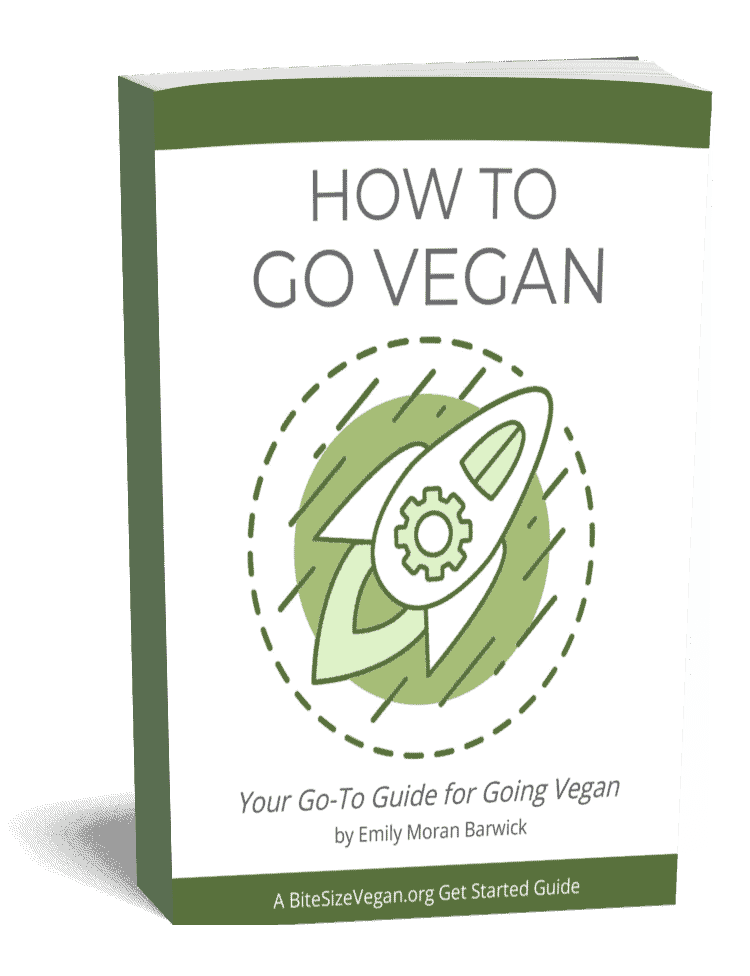Is medication vegan? And can a vegan, in good conscience, take medication that’s not? This is a common question amongst new and experienced vegans alike.
Do you have dry skin? Do your eyes itch? Have back pain? Constipation? Can’t stop sh*#&ing? Can’t get it up? Gnarly toe fungus? Premature…y’know? Hair where you don’t want it? No hair where you do want it? Zits? Boils? Wrinkles? Digestive issues? Has your head come off? Well, you’re gonna need some drugs!
(Side effects of this post may include an awareness of factual truths, frustration at the current status quo in the medical field, increased brain activity, confidence in choosing your own medical treatment, the uncontrollable need hit the thumbs up (or down) button, peace of mind of knowing what you are ingesting, and….anal leakage.) [tweet this]
I get this question all the time: Is any medication vegan? And, if not, what’s a vegan to do when serious medical conditions arise? [tweet this]
Well first, let’s tackle whether or not medication is vegan. I’m not going to go into great depth on the subjects I’ve already covered in other videos and I’ve provided the links to all of them throughout this post as well as at the bottom with the other resources.
So, what makes medication not vegan? Well there are two main elements: one more direct and one more indirect. The direct reason is when animal products are within the medication itself, and the more indirect reason is the fact the medication was tested on animals.
Just what kind of animal parts are in your medicine cabinet? There’s a surprising array of potential options, but let’s focus on some of the more common ingredients.
Number one: gelatin
This is perhaps the ingredient most people are familiar with when it comes to medication. Gelatin is most often used as part of the capsule surrounding the medicine itself. And it’s not just in the capsules you can pull apart. Gelatin can also be an ingredient in tablets.
In case you’re not aware of what gelatin is and how it’s made–it’s…pretty gross. In short, gelatin is a protein obtained by boiling the skin, tendons, ligaments, and/or bones of animals with water at an aromatic facility called a rendering plant. Rendering plants are magical places where the leftovers and rejects of the meat industry as well as roadkill and diseased animals go to be boiled in water and have elements sucked out like gelatin, which is then put into your pudding, jello, pet food, shampoos, face masks, cosmetics, candies, marshmallows, cakes, ice cream, yogurts, some wines, photographic film; and yes, vitamins and medications.
Now there is such a thing as vegetable gelatin, called “agar agar,” which is seaweed-derived. Unfortunately, it’s often marked in ingredient lists simply as “gelatin,” making it difficult to ascertain the true source. You can always call a product’s 800 number and inquire to be sure.
Number two: lactose
This is probably the most common animal ingredient in medications. It’s used as a carrier, stabilizer, or to create bulk. Lactose, obviously, comes from dairy and is thus not vegan. Many medications from thyroid medicine to birth control pills contain lactose. I have a whole video on the vegan-ness of various birth control methods that you can reference for more in-depth coverage of that particular subject.
Number three: shellac.
Shellac is a resin secreted by the female lac bug, on trees in the forests of India and Thailand. It has many uses from sealing wood to making your nails super pretty, to coating your fruit–yes, sorry vegans, even your fruit may have animals in it–to making your pills all shiny.
Number four: Magnesium Stearate
Magnesium Stearate can be used as a preservative, lubricant, or to help two ingredients mix that normally blend. Like gelatin, Magnesium Stearate can come from either a plant or animal source, but it not often notated. When animal-derived, it is an ester of Magnesium and Stearic acid, which is sourced from the fat of cows, pigs, sheep, dogs or cats.
Number five: lots of other stuff
The list of weird animal ingredient in medication and food and, really everything we make, is mind-boggling. I really wonder why they do it at all. There’s everything from your pink and red pills and food getting their distinct colors from ground up pregnant beetles, called cochineal extract or carmine–long used in Starbuck’s strawberry Frappuccino, to anticoagulants like heparin created from the intestinal mucous membranes of pigs. For more on the insane and hidden ingredients in your food, see my oldie-but-goodie video post on the matter.
So that was just a super-quick rundown of some of the animal products that may be in your medicine cabinet.
Now let’s move onto the reason that all prescription medications are, in essence, not vegan, even when they don’t contain a drop of animal-derived ingredients. By law, at least in the United States, all medicine and medical procedures must be tested on animals. I have an entire series of video posts on the issue on medical testing on animals in which I discuss whether it’s effective and saves lives (spoiler alert- it is not and does not), why is still continues despite years of producing absolutely nothing viable (spoiler alert- money), how it actually harms humans–yes it’s not all about saving the animals (for some people)–and the preponderance of viable, and far more effective alternatives. Do check out those videos, they are a little before my editing got better, but the information is still solid and it’s a subject matter that is incredibly vital to be aware of in full.
So, what is a vegan to do in a world where many medications have animals in them and all are tested on animals?
Well, you may think, I’ll just go with non-prescription supplements. And in many cases you may be onto something when it comes to plant-based herbal treatments. However, beware, while prescription Synthroid, the most commonly used thyroid medication, contains lactose, many natural supplemental thyroid treatments contain the actual desiccated thyroid and adrenal glands of cows and pigs.
So what if you’re in grave need of medication? Say you have a debilitating genetic disease or perhaps you have schizophrenia or severe depression. Are we to take up our mantle of martyrdom in the name of the animals? Where do we draw the line of ethics and our own health and safety?
I’ll tell you where I stand on this. First, for preventable conditions, I say: prevent them. The vast majority of the medical care and medication in the US if not the world, is for preventable diseases. Heart disease, diabetes, obesity. you won’t have to take these prescriptions and treatments if you eat a healthy diet, exercise reasonably, reduce your stress levels, get enough sleep, et cetera. You can also look into alternative treatments: Herbal remedies or find a compounding pharmacy that can make your medications to your specifications so as to avoid gelatin capsules and other ingredients.
But what if you’ve done all of this, or you have a genetic condition completely separate from your lifestyle, which requires medication, or you have a severe mental illness that’s resistant to anything but prescription medication. Here is where the “as far as practical and possible” element of veganism comes in. I have a whole video post with Gary Yourofsky about being 100 percent vegan so you can check that out as well.
If you’re bedridden, or in constant pain, or crippled by your own mind—you can’t really be of service to the animals, can you? I like to make the analogy of a plane going down. What do they tell you when the oxygen masks come out? Put on your own before helping others. You can’t be a voice for the animals and fight for their liberation if you aren’t well yourself.
Additionally, the only way we’re going to get animals out of our medication and out of our research is by fighting. I’ve said it before but when we are no longer slaughtering 150 billion sentient beings every year, we won’t be so hard-pressed to find new and inventive profitable ways to use their byproducts.
We need to strike the animal products industry at its core, and by being vegan, abstaining from 99 percent of the problem and fighting against the rest, that is how we make a difference. This isn’t an excuse to use animals guilt-free. But we have to look at reality as it is.
And if you truly cannot live or function without a medication, take it. By all means, care for yourself so you can fight for them. It’s an awful choice and the situation is deplorable. But I’d rather have you fighting alongside me than bedridden on principle. That’s my take on the matter.
In her article, Should anti-vivisectionists boycott animal-tested medicines?, Dr. Katherine Perlo examines the various arguments for and against refusing medical treatment that’s been tested on animals. I highly recommend reading her article for a far-more fleshed-out take on this subject. I have a link to it and various other articles in the blog post linked in the video description.
Perlo’s concludes that “we should promote a highly visible trend towards avoiding animal-tested medicines. Some people following the trend might reject the medicines altogether; some might seek alternative treatments where available; others might simply add a “patient choice” element to other anti-vivisection demands. But the common goal would be to make the government, the medical profession, and the public aware that we do not want to take these medicines, and that when we do, it is only through lack of choice.” Meaning, even if we do have to take medication to live, we can still be vocal about our objections and our reasoning behind them.
I do plan on doing a video in the future further discussing the ethics of taking medication as an anti-vivisectionist and a vegan. For now, please read Dr. Perlo’s paper for more on this matter.
Luckily we have some fantastic organizations like the Physicians Committee for Responsible Medicine and the Dr. Hadwen Trust fighting to develop non-animal methods and medications within the medical field.
Now I’d love to hear from you on this: What do you think about the issue of veganism and medication? What’s your personal experience and stance? Let me know in the comments.
And if you find my educational videos valuable and want to help keep them coming, please consider joining the Nugget Army on Patreon. You get perks and rewards for your support and you get to join an awesome community of people. You can get more info and join up by clicking the logo below. Or you can make a one-time donation. No amount is too small and any and all support (non-financial included!) is so appreciated.
— Emily Moran Barwick







Hi Emily,
I recently became a vegan. I read your post because I am taking a Vitamin D supplement which contains gelatin.
I just wanted to thank you in two ways. After looking for different sources online I think I can safely call you the most well-researched vegan activist out there who provides the best information (you are up there with Gary). You really have established yourself and although I am always looking for new information I think I can truly say you are an authority in terms of vegan answers.
Your post made me very emotional in your analogy about oxygen mask. The second thing I wanted to do was very much thank you. There are A LOT of vegan personalities online which are not very nice ( e.g. Vegan Gains, vegan cheetah, etc.) and sometimes just by trying to get information or learn one has to absorb a number of negative or rude emotions just to get to the facts. Just going to your website makes me feel happy and better and is a reminder that veganism is a philosophy of love and compassion. I thank you for everything. Rn I am a student so I am not in the best position for donating to Patreon but my school provides me resources for bringing speakers like yourself. Maybe one day in the future we can plan so that you visit MIT. In anyway thank you for what you do, you are one of the true vegan activist alive.
Regards,
Jose
Wow Jose. This is so incredible to hear! It means a lot to me that you find the website and information in the videos and posts so helpful and approachable. I wish I could respond to you in a manner befitting such a thoughtful comment. I am honored and hope you continue to find the content useful ;D And you never have to apologize about not being able to support financially. There are SO many ways to support! And watching, commenting, liking, and especially sharing are monumentally helpful. Thank you so much again for this!!
Hi Emily,
I’m vegan (mostly) but I do consume gelatin in dietary supplements (Jarrow Formulas N-acetyl cysteine). I’ve considered eliminating it, so I watched “is medication vegan”. I’m not particularly afraid of gross things (I’ve been meat, egg and dairy free since April 2015, but didn’t cut out honey til last December. Up until then, I only heard the “bee vomit” case against honey. I didn’t care if I was eating bee vomit until I found out how bees are mistreated by being forced to subsist on corn syrup and become malnourished).
Is there an animal welfare argument against gelatin? The way I currently see it is that there would be otherwise wasted body parts of animals that no one wants to eat. The rendering plant that sounds comparable to a recycling center that was created as a way to put the waste to use. To put it succinctly, I don’t believe my decision to consume gelatin increases demand for slaughtering or in any other way harming animals. Am I missing something?
P.S. you really are inspirational. I didn’t discover your blog and YouTube channel until last December when I was digging for arguments *against* veganism (just trying to understand the non-vegan’s argument against our way of life. I really couldn’t find any valid anti-vegan rationale and I ended up stumbling across your blog!). Also, just last December, my friend became vegan and now I’m really starting to realize that I have the capacity to influence people’s decisions. This is really huge because just 2 years ago this friend was criticizing (behind their backs) a group handing out pro-vegetarian literature on the college campus. Now I’m starting to actively become a voice for veganism rather than just hiding it, assuming my views don’t matter. Although I have found most people don’t want to hear about it :(
Keep up the good work!
Hi Spencer! thank you so much for sharing this! And I agree that the “gross” factor isn’t the most logic-based or ethics-based point ;D I do include it here and there as different things reach different people and oddly enough that will do it for some when the most iron-clad logic and heart-wrenching ethics won’t :P
I’ve been meaning to have some video on “waste products” like gelatin. I’ve yet to get there :P I wanted to at least reply to this while I’m here lest it be a month before it comes back into my head :) I’ll do my best to get to that or at least circle back for an abbreviated look into it ;D
Just wanted to thank you for this post Emily. I made the decision to go vegan at the start of this year (Ive been veggie for 10 years and cruelty-free for about 5/6) and was really happy until I looked up the medication I take, it was devastating! One of them I can change (the one with gelatin) but the other I can’t as it has lactose in the coating. I feel sick as I’ve tried everything to avoid being ill but unfortunately they are the only thing that help keep my illness at bay.
I came across this article and it has really helped my outlook on why I have become vegan. Your example of the oxygen mask is perfect. My food, cosmetics etc and clothing is all vegan (even the vitamins I have are) so whilst I won’t be able to go 100%. Vegan at least I know I will be healthy enough to help the cause and fight for those who don’t have a voice!
Thank you so much Emily xx
Hannah, thank you so much for your comment and so sorry for the delay! I am SO very glad to hear that this was helpful. This is one of those videos that I didn’t grasp the full impact of when I was making it. But I’ve heard from so very many people about how much comfort and validation this video was able to bring to their conscience.
It means the world to me to know any of my content is of help—and doing exactly what I created it for :) Much, much love to you and I’m glad you’re taking care of yourself—you can make a huge difference for the animals when you’re well and that will have such a greater impact than boycotting a medication you need to stay healthy. All the best to you!
First I just want to say THANK YOU SO MUCH! This is just what I needed to read right now. Just yesterday I had to be put on antibiotics due to a severe wisdom tooth infection that if not treated would only spread and further cause a lot more harm to myself. Once I received my prescription I read the ingredients to discover it had gelatine listed (guessing for the capsule coating) I instantly felt guilty and shame and almost didn’t want to take them. But I did because I have to. If I don’t I would end up hospitalised on even more medications to fix the problem when I could of just taken 20 capsules. Reading this made me feel more okay with taking these antibiotics because you are right, how will I be a voice for the animals if I no longer have a voice? A small sacrifice that I hope I never have to take again (not only for the animals sake but also mine because this is painful af and I can’t take pain killers wahhh) thank you again and I look forward to reading more of your stuff!
Chymaine, so glad to hear this was of help and I hope that you have a speedy recovery! And I do hope you find the rest of the videos and articles to be helpful resources on an array of topics :) I love to hear when they’ve achieved what I intended by reaching people with solid information and assistance. All the best!
So selecting soap depends on skin type and objective.